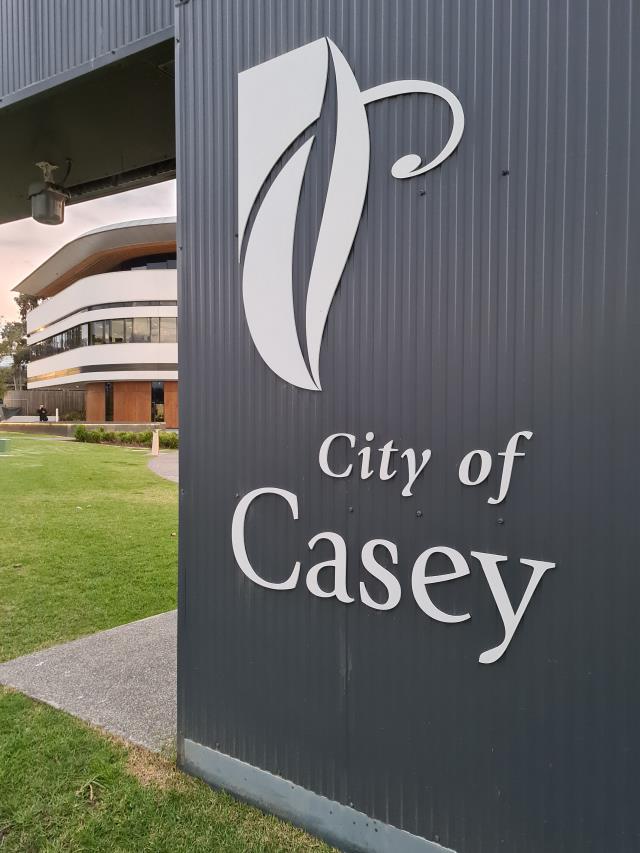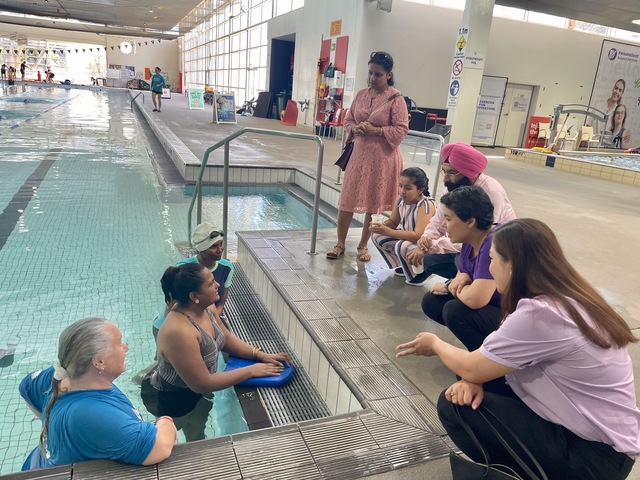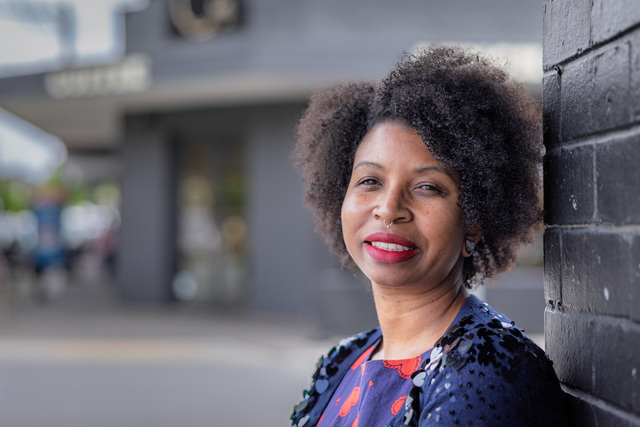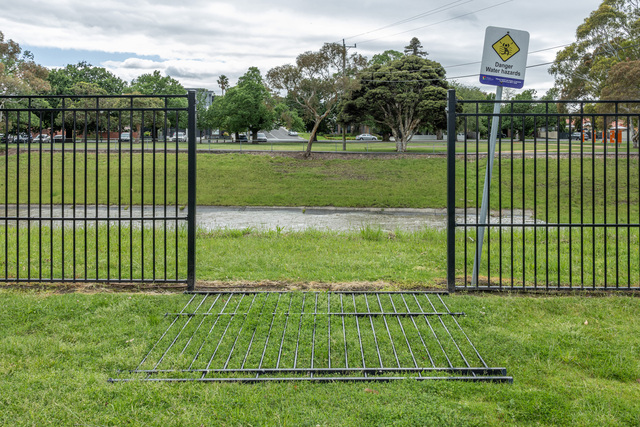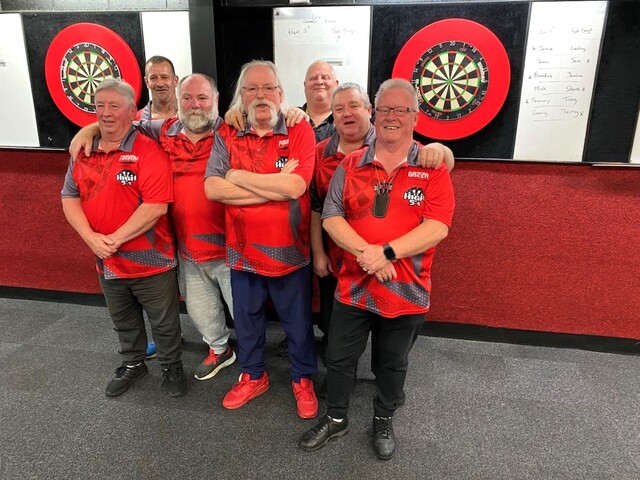Racist incidents in the City of Casey are significantly under-reported, a new report outlining the extent of racially motivated behaviour in Casey and Greater Dandenong has revealed.
The study was conducted by Victoria University, in partnership with the City of Casey and the City of Greater Dandenong, with the aim of discovering how racism can be combated at the grassroots level.
It found that, from a pool of almost 170 local Aboriginal, multicultural and multifaith individuals from the two municipalities, more than three out five respondents or their families had experienced racism in the last 12 months.
Additionally, four out five respondents who experienced racism said they didn’t report it, either because they didn’t think it would change anything, they didn’t know where to go, had language barriers, didn’t trust existing services or were concerned about negative backlash.
According to the survey, racism was most commonly experienced in places of employment (58 per cent), followed by shopping centres, at school, on public transport and on social media.
One fifth of respondents reported experiencing racism in media reporting and 14 per cent said they faced racism when encountering police.
The most common forms of racism, the study found, were microaggressions, insults and unfair treatment.
Meanwhile, less than one third of all survey respondents agreed that there are enough services and organisations that offer appropriate support for people in Greater Dandenong or Casey who have experienced racism.
VU researchers Associate Professor Mario Peucker and Professor Tom Clark collaborated with community organisations and residents to develop a local ‘roadmap’ of practical ways that reporting and support services could be tailored to the specific needs of local communities.
Dr Peucker said under-reporting racism was common, and the reasons behind it needed to be addressed systematically, without expecting people who experienced racism to navigate difficult reporting processes.
“If we want more people to speak out against racism, we must ensure those who face racism have clear and effective ways to connect to the support they desire,” he said.
Recommendations from the report included tackling the persistent lack of representation of diverse communities, raising a deeper awareness about what constitutes racism, diversifying reporting pathways, establishing a local community-led anti-racism support network, promoting reporting pathways and support services and commitment and collaboration between various stakeholders.
The Cities of Casey and Greater Dandenong are some of the most multicultural municipalities in Victoria, with Casey is home to over 150 different cultures, more than 140 languages spoken and over 120 different faiths represented.
City of Casey chair of administrators Noelene Duff said the council looks forward to continuing working with partners to build on the recommendations of the study, to tackle discrimination and racial abuse.
“The City of Casey is committed to creating a safe and equal community where everyone regardless of gender, ethnicity and age feels valued, respected and can live free from discrimination and racial abuse,“ she said.
“We recognise the need for adequate support services to be tailored to the specific needs and expectations of the people who live, work or socialise in Casey.“

